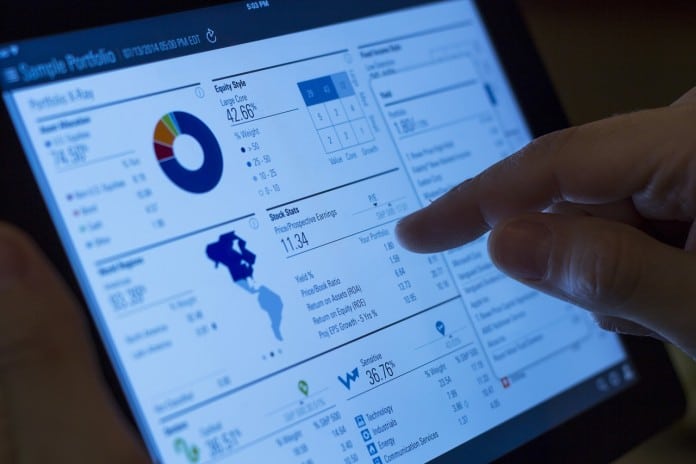
Today, Phidar Advisory released its Q1 end-quarter Dubai residential research note. This latest real estate report, which sounds more accurate than the press releases of some real estate agencies, show that residential prices dropped in the first quarter of 2016 and projects further decline.
“There has been a flurry of positive headlines over the past month with limited evidentiary support or analysis,” said Jesse Downs, Managing Director of Phidar Advisory. “Research indicates unsubstantiated optimism can have a destructive impact on a market,” she added. Like fore example, it can prompt property owners to increase the asking prices of their properties when what they should do is to reduce their expectations.
The report reviews research demonstrating that positive signals fuel booms and busts. Most importantly, the degree of downward adjustment increases with the level of optimism before the crises. Unsubstantiated optimism is associated with worse crises. Informational frictions – like low transparency and inaccurate data – facilitate the process by disconnecting asset prices from area fundamentals because investors cannot accurately assess the market.
“The available real time indicators do not support the story of a short term turnaround” said Ms. Downs. “And ignoring the bad news now can create a crisis later,” she added.
The report notes that, over the past 18 months, the sale price decline appears driven by the strong US Dollar, but, now, the trend will be carried forward by the lagged impact of low oil prices. Previous Phidar analysis showed the 2-3 year lag of low oil prices on Dubai’s economy. Cited as initial supporting evidence for this trend: the Emirates NBD Dubai Economy Tracker in February registered the first contraction since the series started in 2010. Additionally, the IMF recently revised the UAE’s 2016 GDP projection from 3.1% to 2.6%.
Phidar’s Dubai Real Estate International Demand Index (REIDI) dropped 2.2% in Q1-16, compared to 2015. This indicates an even lower propensity for investment in Dubai real estate. [Phidar’s Dubai REIDI is not a measure of actual capital flows, but a real time indicator intended to assess the propensity for attracting capital inflows into Dubai real estate. It is a composite index of GDP and foreign currency z-scores for 22 countries].
In Q1-16, apartment lease rates decreased 2.1%, while sale prices decreased 1.9%, keeping yields relatively steady at 7.7% (gross) and 6.6% (net), a nominal decrease of 1 basis point. Lease rates for single family homes, also referred to as villas, decreased 4.7% and sale prices increased 1.6%, which reduced yields to 4.8% (gross) and 4.6% (net), a loss of 32 basis points in the first quarter of 2016.
“The strong USD, low oil price, rising cost of debt all reduce liquidity and consumption” said Ms. Downs. “This has filtered through the economy and is now impacting job growth, occupier demand, and rents” she added.
“Transparency is not simply a theoretical concept, it is the cornerstone for building a stronger market,” said. Ms. Downs “Promoting transparency and objectivity is promoting the market for Dubai real estate,” concluded Ms. Downs.

































